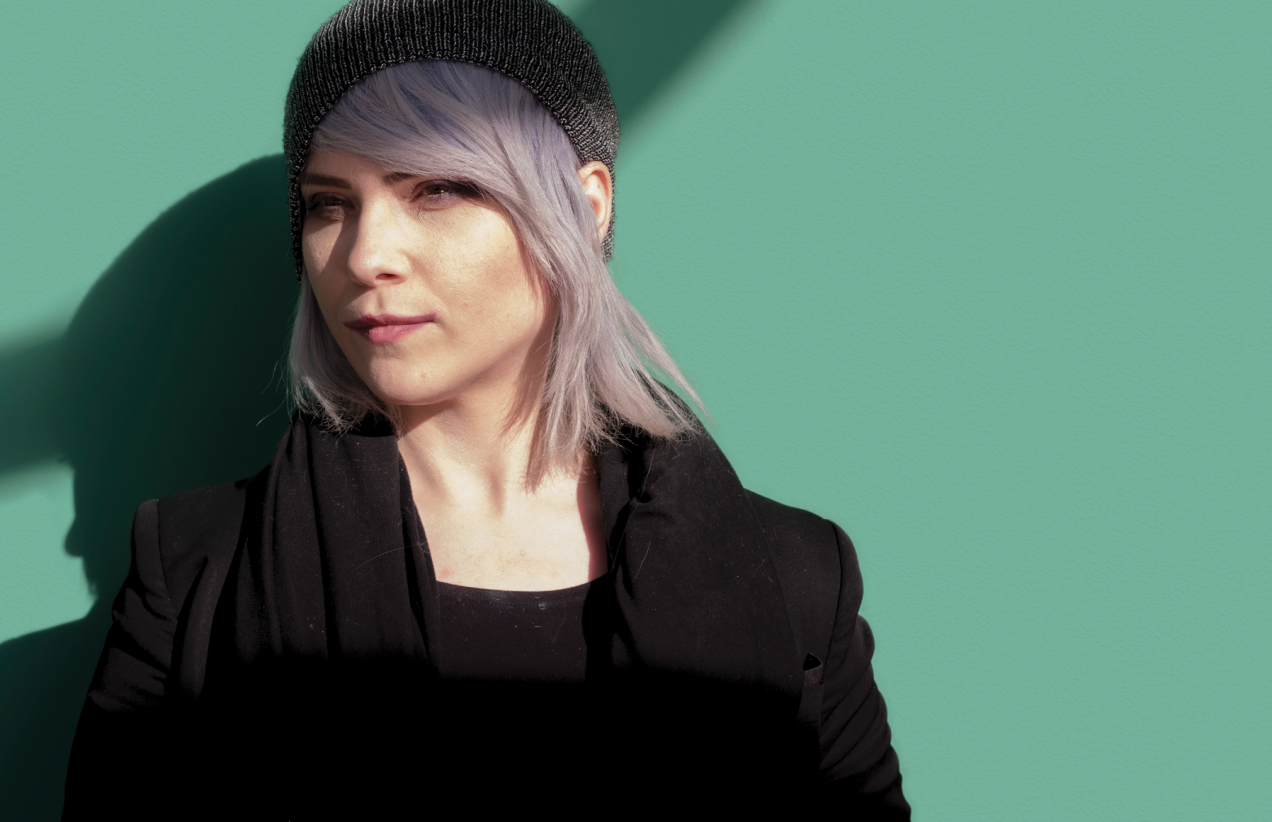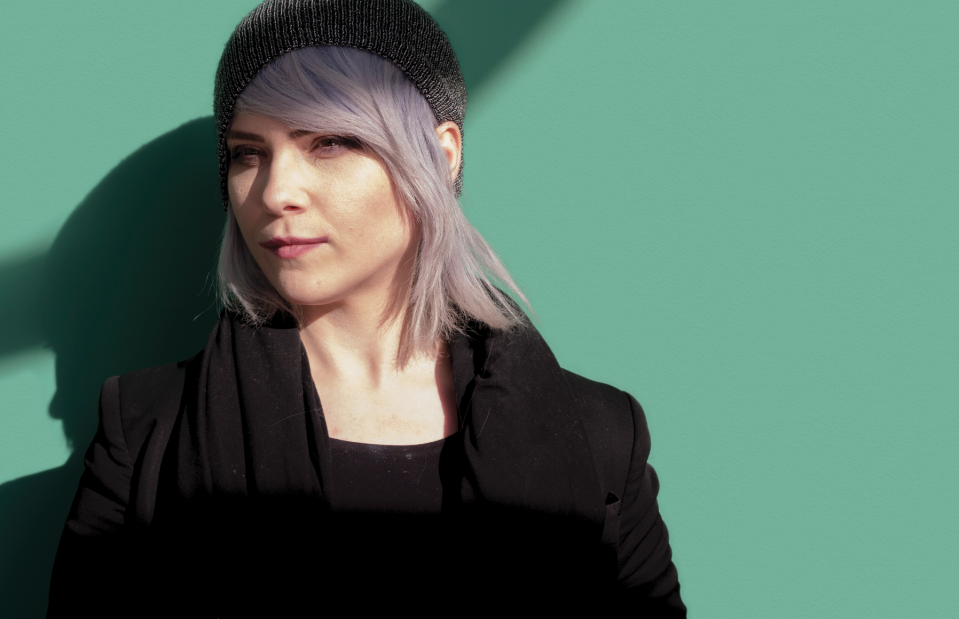

Blockchain
The blockchain believers
What makes blockchain devotees so passionate about the technology? We sent reporters and photographers to two blockchain conferences to find out.

What makes blockchain devotees so passionate about the technology? Is it a means to get rich or something much bigger? And how do you even explain the thing to people who don’t quite get it? We sent reporters to blockchain conferences in Dallas, Texas, and Cambridge, UK, to find out.
“We should stop trying to explain blockchain and start trying to show what the benefits are, because consumers don’t really need to know how it works. They don’t know how Visa or the Treasury—how any of those things work, but they know that they add value to their lives.” —Aari Lotfipour, 33, Dallas
“The internet was really started because of the same ideas. We wanted the freedom to share information, freedom of voice, level the playing field, allow small ideas to become big. This is all the same thing that’s going on. It’s just another layer on top.” —Chris Nichols, 47, Dallas
“Years ago when Bitcoin was three cents I got too busy to buy it, and they kept saying buy it, and I kept saying I’ll get to it, and then I forgot. And then the other week I saw it was at $19,000. I thought, if I had it, I’d sell it now. But I didn’t have it. I really kicked myself in the butt. Those are millions of dollars that I could have had.” —Michael Mullen, 50s, Dallas
What do you tell your friends about cryptocurrencies?
“They were like, ‘You’re putting all that money in? You’re crazy!’ and now they are all calling me for advice.”
Has it made you rich?
“Oh, yes. In my country, Croatia, yes. I bought a house.”
—Petar Juršic, 23, UK
“The internet unlocked applications we didn’t think were possible—like Twitter, which came completely out of the blue. The same way the internet revolutionized communication, blockchain is going to revolutionize trust. Now there is an alternative to institutions and governments. We can rethink the whole system.” —Justin Drake, 29, UK
“Through the blockchain, everyone’s going to have a global ID, so you’ll have your own genome that’ll be anonymize-encrypted, and then through crypto-keys you’ll be able to totally manage who has access to your genome. So you can donate it, you can monetize it, but this is all going to be something that you control.” —Henry Ines, 43, Dallas
What do you think this ends up doing 10, 20 years down the line?
“I think that if I had an answer for that, it would be the most bullshit answer that I’ve ever given to anything in my life.”
Okay.
“If you asked me in 1997 what the internet was for, I would tell you that I could use it for e-mail and to download some pictures of boobs, and now it’s on my phone and I can do so many ridiculous things with it at the touch of a button or a swipe at any point in time. I don’t think we know what those future iterations look like. I would love for people to have more financial sovereignty and more control. I would love for it to lead to a freer, more borderless, more censorship-resistant world.”—Amber D. Scott, 39, Dallas
“In India there is a lot of black-market trading going on, and it seems that with blockchain—with its ledger that can never be changed—it’s a secure location. And as someone who’s seen black-market deals happening in front of my eyes, the idea that that might become a lot harder to do, and might one day be eradicated—it’s just really fascinating.” —Ashkay Shah, 21, UK
“Six months ago on my LinkedIn feed there was not a lot of blockchain or crypto chatter. Three months ago I started getting more. Now, like 75 percent of my news feed is all about crypto and blockchain and who’s doing what.” —John Nolz, 44, Dallas
“A few years ago I got involved in a hackathon and they were looking at finding a way to give an identity to 230 million children unaccounted for by the authorities in Africa and India. The idea that our team came up with was that you can take a picture of the child, and take their fingerprint every year and store it on the blockchain, and then you give the child their digital identity when they turn 18.” —Christiana Imafidon, 24, UK
Would you buy any cryptocurrency?
“No, because I don’t back horses, and you know if a horse doesn’t win, you don’t get anything. Same with a cryptocurrency—if it fails, you’ve got nothing!” —John Goldworth, 89, UK
“We’re going to start seeing the beginnings of a borderlessness in politics and the marketplace. That’s what really stood out to me ... to not be at the behest of the people who are in control anymore.” —Elizabeth Hunker, 28, UK
How would you explain blockchain to your grandma?
“I would say, Grandma, you know how you have your credit card now? Just think of it as you have the credit card, but it’s all on your phone now, Grandma.” —Trek, 38, Dallas